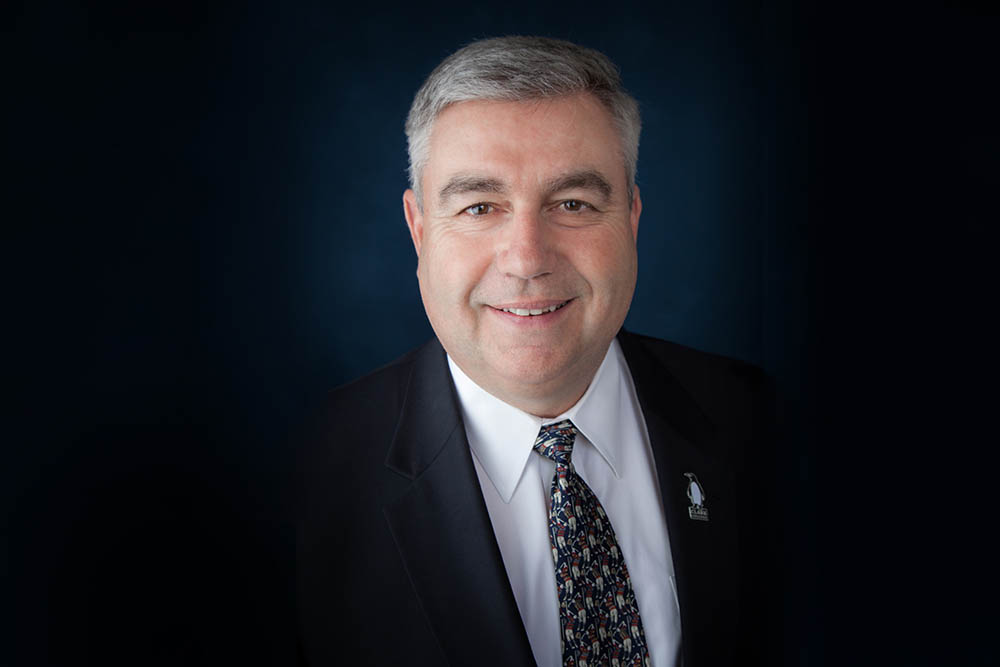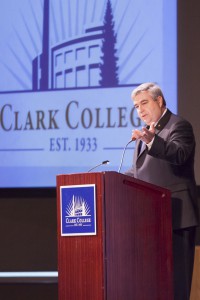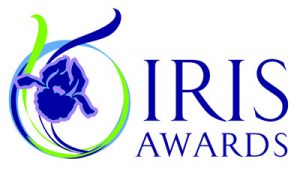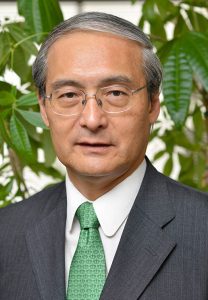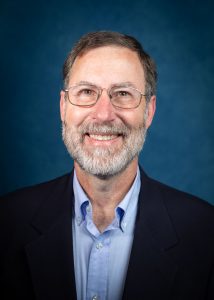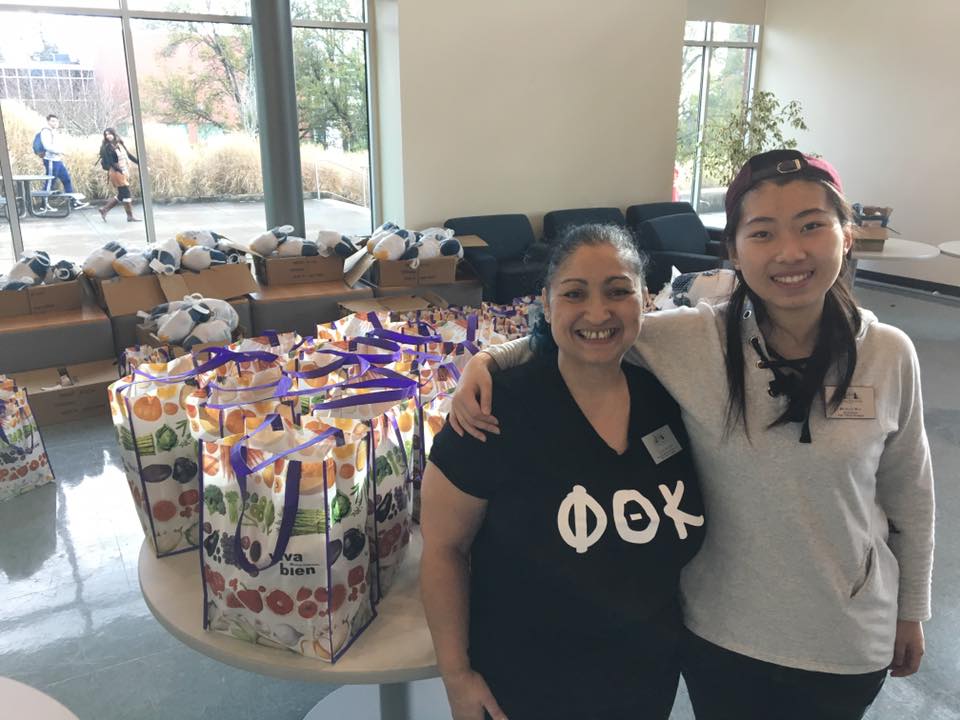2019 Clark College Athletics Hall of Fame class announced
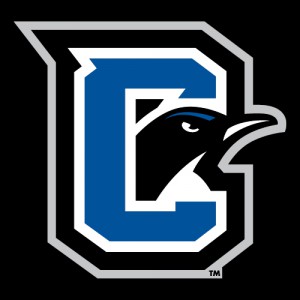
The Clark College athletic department recently announced the 2019 Athletic Hall of Fame class. On Saturday, February 2, the 2019 Class will be recognized during halftime of the men’s basketball game vs. Linn-Benton (approximately 4:45 p.m.). Following the basketball game, a Hall of Fame Ceremony will be held in the Gaiser Student Center at 6:00 p.m. Tickets may be purchased online at https://www.clarkcollegefoundation.org/athletics-hall-of-fame-2019.
This
year’s honorees are:
Brenda Bessner – Women’s Track
and Field (1989-90)
- 1989
NWAACC Shotput Champion – 42’8 ¾” - 1989
NWAACC Javelin Champion – 166’1” - 1990
NWAACC Javelin Champion – 160’2” - Currently
still holds the record for shotput (45-05) and Javelin (178-00) - Competed
in the Deaflympics in 1985/89 for both Shotput and Javelin and place 2nd
in each event
Janie Hogan-Corbett –
Women’s Basketball (1991-93)
- 1st
team all-league - 1st
team all-tournament - Led
league in scoring and rebounding - Compiled
33 rebounds in one game - Was
part of the first undefeated team in NWAACC history (33-0) - 1993
NWAACC Champions
1981 Men’s Golf Team
- Team
members:- Kevin
Antolock, Greg Brown, Jeff Coad, Eric Degerman, Ian Harper, and Glen Hueser
- Kevin
- Head
Coach- Skeet
O’Connell
- Skeet
1982 Men’s Golf Team
- Team members:
- Kevin Antolock, Mike Burch, Jeff Coad, Eric Degerman, Tim Gilberg*, and Todd Quigley *honor awarded posthumously
- Head Coach
- Skeet O’Connell
About Clark College Athletics
Penguin Athletics has a proud tradition of competitive success
within the Northwest Athletic Conference (NWAC). The department offers 11 intercollegiate
sports programs: Baseball; Men’s and Women’s Basketball; Men’s and Women’s
Cross Country; Men’s and Women’s Soccer; Softball; Men’s and Women’s Track
& Field; and Women’s Volleyball.
Penguin Athletics places great emphasis on academic performance as well as
athletic achievement. The program offers student athletes the opportunity to
reach their educational goals, as well to pursue meaningful athletic
accomplishments. For more information, visit Clark Athletics’ website, Twitter
and Facebook pages.
